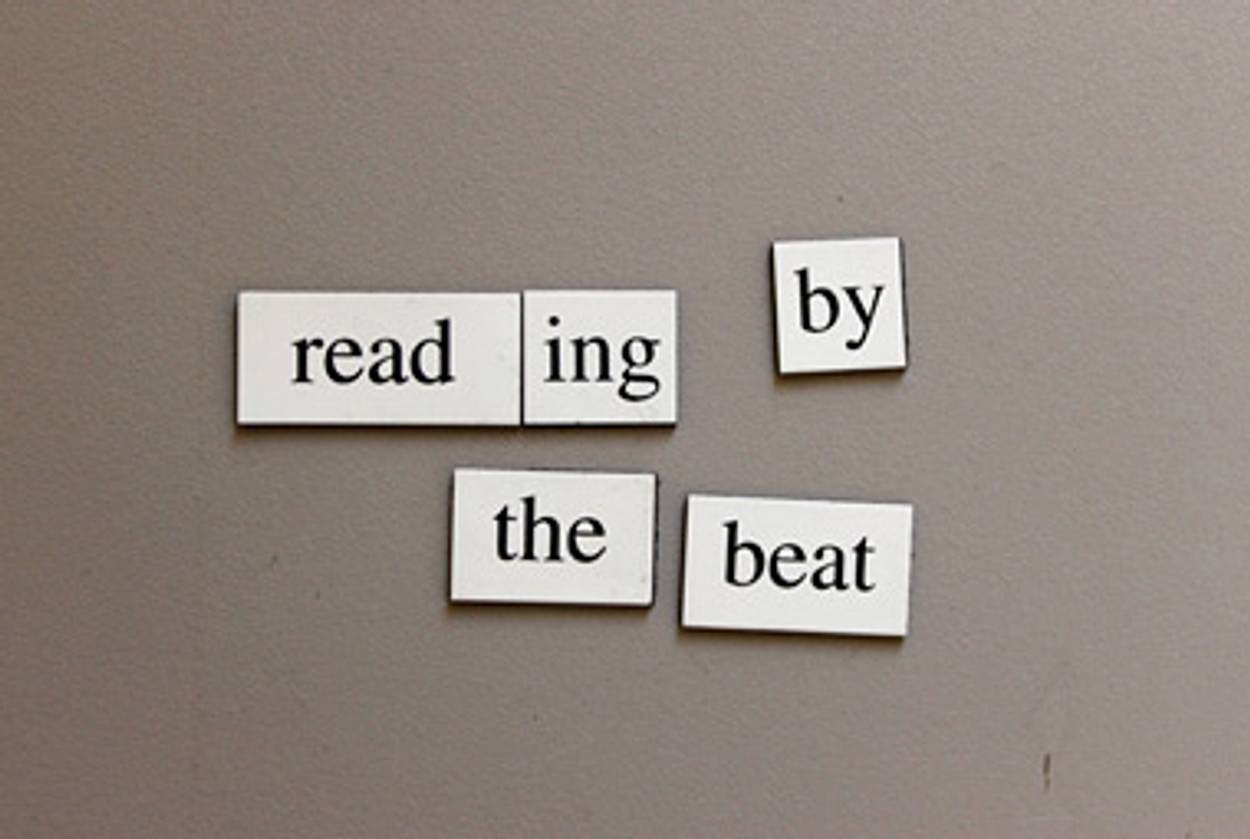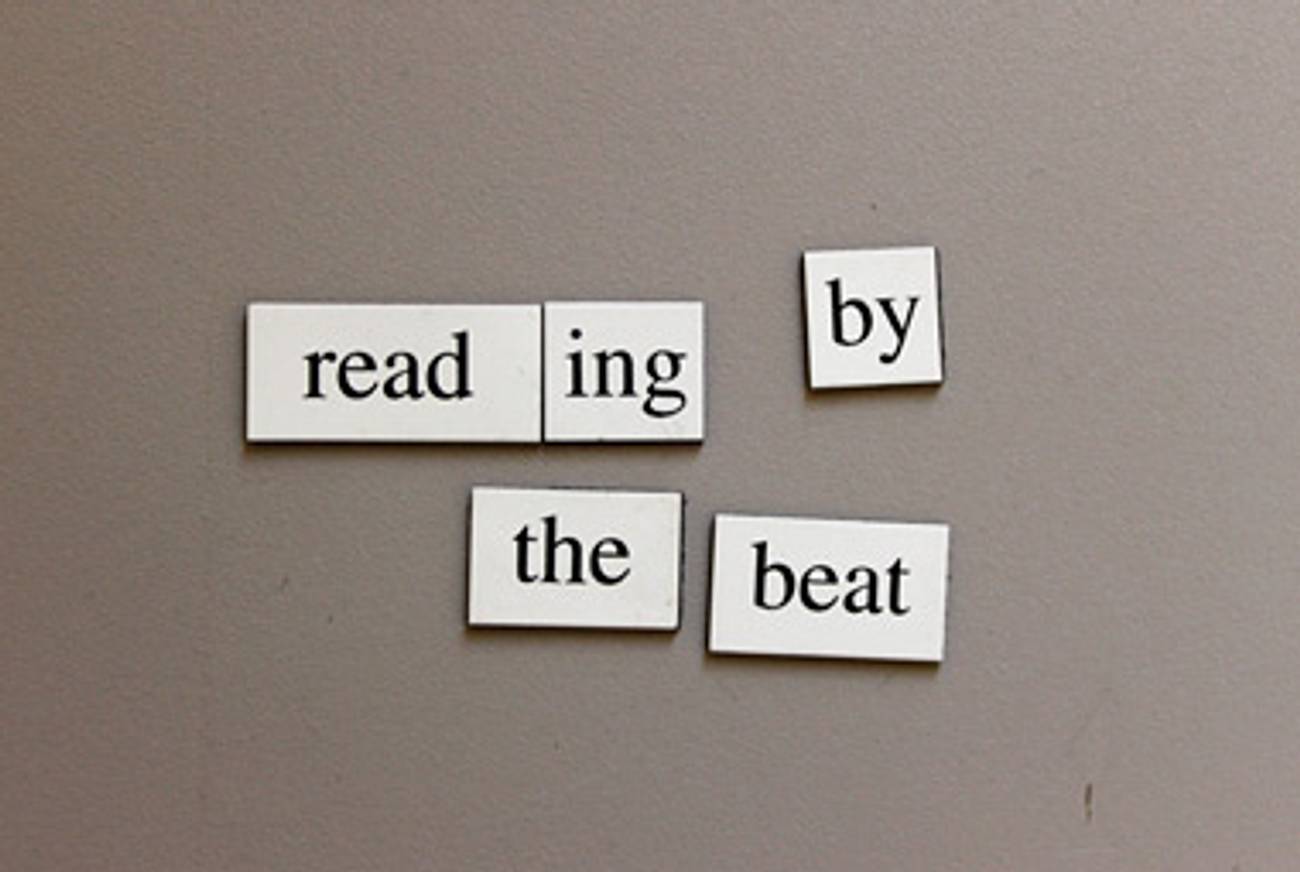Scribes and Scribblers
Poetry inspired by architecture, prophecy, and the immigration experience




In Scribe, his seventh book of poetry, published this fall, Norman Finkelstein (the poet, not the Israel critic) works the contradictions of being a Jew. He is simultaneously secular and religious, stately and conversational, prophetic, and circumspect.
To begin with: Finkelstein is keenly aware of the theological implications of Judaism. In a article in the academic journal Shofar, the poet and critic Alicia Ostriker claims that contemporary American Jewish poets seek holiness “not in the disembodied God but in the physical world.” This might be true of many Jewish poets, but not of Finkelstein. The man invokes a very Jewish—because absolutely disembodied—God, as in the poem “Desert”:
Neither upon the sky nor upon the ground
Neither in the desert nor at the mountain
Neither in the heights nor in the depths
Neither present nor absent
Neither known nor unknown
Neither strange nor familiar
Neither whole nor in fragments
Neither revealed nor hidden
Neither sacred nor profane
Neither spoken nor silent.
While it might sound like mysticism, it is pure, rational Maimonides who tells us that every time we try to nail God down in our own, too human terms, we increase our distance from Him. Finkelstein keeps Him in the realm of the divine, represented as the space between contradictions.
When Finkelstein turns from the attributes of God to our own imperfections in the poem “Scribe,” he has no trouble enlisting the cadence of the prophets:
You have heeded the word of the outside god
and you have heeded the word of no god at all,
like a prophet turned archaeologist
a scribe turned into a scribe.
This is pretty harsh stuff. Finkelstein charges us with having foresworn the future by chasing false gods or—just as bad—chasing no god at all. We have turned prophecy into nostalgia and turned our holy scribes into scribblers, the guilty transcribers of a not quite forgotten past.
Finkelstein teeters on the edge of a thumping sanctimoniousness, but he is saved from the brink here by the fact that he is indicting himself as much as he is chastising the tribes of Jeshurun, perhaps even more so. He has no other choice. God is too far away and Finkelstein has appeared too late in history for faith. This hardly presents a vista for hope and certainly not one for redemption. But Finkelstein’s work has no trouble freely espousing both a secularized recuperation of religion as well a religious approach to the secular.
Perhaps the most interesting part of Scribe is a series of poems based on a seemingly unlikely muse: architect Christopher Alexander’s A Pattern Language, a gently polemical attempt to realign architecture and city planning with a very generous notion of human need. But Alexander describes architecture in terms of poetry, seeing in them both opportunities for physical, linguistic, and emotional fulfillment. Finkelstein, whose poems often engage the space of the whole page, sees poetry in terms of architecture. More importantly, Alexander places great stock in the imagination. He claims that a home, like a city, needs its private spaces and its dreams. “Make a place in the house,” he writes, “which is locked and secret.” There, “the archives of the house, or more potent secrets, might be kept.”
Finkelstein’s secular midrash allows him to use a bedroom to reflect on his own psyche, his love and his poetry at the same time, as in “Children’s Realm”:
I want it so within myself
and within those I love—
a continuum of spaces
where the child at play
may pass by or enter
that place common to all
of my being
Nor can it be
too far from that grown-up world
also of bodies and minds
of storms and of the peace after storms
the child and adult facing each other
across a space that is all
terror and enchantment.
You can hear a kind of meditative stateliness (the archaism of that “so” ) which goes with the biblical repetitiveness (“storms and the peace after storms”). All this leads to that quiet little bang at the end, the magical face-off between generations.
There is a payoff to his use of Alexander’s book. “Sacred Sites/Holy Ground” stands at the imaginative center of Finkelstein’s topography of a radically transformed world. In it, he quotes Alexander’s call for “SACRED SITES.” Like Alexander, Finkelstein does not name these sites nor does he specify the exact nature of their sanctity, beyond the fact that laws should afford them permanent protection: “OUR ROOTS/IN THE VISIBLE SURROUNDINGS/CANNOT BE VIOLATED.” Our roots in a visible landscape—not in divine sanction; these are utopian, not overtly religious places.
The suggestive relation between Finkelstein’s vision of a fulfilled life and redemption is telling. Redemption remains a promise while utopia remains a hope. These days, they are both the stuff of chastened prophecy and skeptical exhortation. But according to Finkelstein, they both are necessary if our scribblers are to transform themselves into scribes.
***
It doesn’t seem quite fair to talk about Natalie Lyalin’s Pink & Hot Pink Habitat and dwell on the fact that she was born in Russia. But it is unavoidable. She herself says that “the immigration experience has been a great and interesting rift in my life. I think that kind of upheaval is great psychological material for writing poems.” That rift shows up in her poems in a number of ways.
Like much contemporary poetry her work is disjunctive. In “Jeffrey Bloodhound Sans” she writes:
Girl words. A tomato. A plum. An apricot.
Time is holding in a clear tube.
Time is lightning on a spare key.
Words that do not yet exist. Alibubo. Bubsigtree. Grivstalbikt.
But these disjunctions are not just examples of a period style. They express deep dislocations—linguistic, physical and psychological.
Language first: it’s hard not to view her flights of linguistic fancy as the result of having to live between languages. Memories of Russian come up when she imitates her father’s voice: “Feel this here pain” and “Whatever happened at prom?” Speakers of Slavic languages have a miserable time with definite articles as well as finding the right place for adjectives and adverbs.
When it comes to syntax, English is also remarkably simple compared to Russian, German, and a host of other languages. But English hammers non-native speakers with the number and complexity of its idioms. The freedom to get idioms wrong, to discover new connections, even to make up words that do not yet exist, is miserable for an immigrant, but a real gift for a poet.
Nevertheless, dislocation has its costs:
Your family is in flight. It seems that decades didn’t happen or happened all at once. The next few years are all weddings. On the end of holidays we wait for the next holiday. We remember bombed out resorts and the constant cigarettes.
(“Opalescent”)
Lyalin the poet cannot distance herself from the confusions of memory. She might begin as a “you” but ends up inevitably with a “we.”
Pink & Hot Pink Habitat is not a particularly grim book, although for all its surface play, it is a very serious one. Lyalin has probably earned the right to express real doubt: “They promise that G-d is not vengeful,/ but do they really know that.” But by the same token, doubt also lends weight to passages like this:
Humans are G-d’s secret architecture and your mother is the cupola of maple leaves. I have put myself here, in this orb of muscle and wonderment, grain, gold silk and the map of roads.
(“Dune and Swale”)
Muscle and wonderment. If nothing else, a good prescription for Jewish poems.
David Kaufmann teaches literature at George Mason University.
David Kaufmann teaches literature at George Mason University.